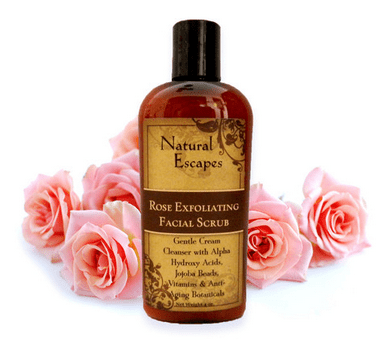Addiction Recovery: Choosing the Right Treatment Facility
If your family has been affected by addiction, you’re familiar with the devastating impact of this disease. From issues like mistrust, guilt and codependency to financial and legal problems, addiction can spell disaster for even the closest of families. What’s more, no one is immune to this illness or its effects; addiction can affect anyone, regardless of age, gender or background. However, though substance abuse and addiction can be deadly, they can be treated, safely and effectively. Keep reading for more information on addiction treatment, and how to choose the right rehabilitation facility for yourself or a loved one.
Addiction Treatment: Inpatient vs. Outpatient
When it comes to addiction treatment, outpatient and inpatient care are the two main types of rehabilitation facilities. Each is described below:
- Inpatient Treatment. Inpatient, or residential, care involves living at a rehab facility while undergoing treatment. In most cases, inpatient care is considered the most effective type of addiction rehabilitation, as it allows for more comprehensive treatment. For example, inpatient treatment typically includes 24-hour care and supervision, as well as intensive recovery methods designed to address both the causes and effects of addiction.
- Outpatient Treatment. Like inpatient care, outpatient treatment often involves a multi-step approach to addiction recovery. However, patients continue living at home, and report to a rehab facility for treatment. Outpatient care is often the best choice for individuals with small children or full-time jobs, as it requires less time than residential treatment.
Some facilities offer both residential and outpatient care. Prescott House, located in Prescott, Arizona, for example, offers a residential treatment plan, followed by continued outpatient care. This approach is especially beneficial, as it promotes ongoing care and support from staff members, and helps patients to feel more comfortable and secure on their path to recovery.
What to Look for in a Treatment Facility
Once you’ve decided on outpatient or inpatient care, use the following tips in choosing the facility that will best suit your family’s unique needs:
- Licensing and accreditation. Make sure the facility you choose is state-accredited, and that it is run by licensed, experienced professionals.
- Success rates. Ask about a particular facility’s success rates, as well as patient testimonials and any outside, objective reviews or statistics.
- Price and location. While tropical locations and serene landscaping are definite bonuses, they aren’t absolutely crucial to recovery, and can often mean a hefty price tag. Instead of judging a facility on its appearance, focus on factors like success rates, quality of care, etc.
Treatment Methods
While each rehabilitation facility is different, effective treatment programs typically include methods like the following:
- Supervised detox. Usually the first stage of recovery, detoxification is associated with the discontinued use of addictive substances. For some people, detox can result in the onset of withdrawal symptoms, some of which can be painful and, in some cases, hazardous to health. Care and supervision during the detoxification process can reduce the risks associated with stage of treatment, and lay the groundwork for a healthy recovery.
- One-on-one counseling. A comprehensive recovery program should include some type of one-on-one talk therapy. During counseling sessions, patients are encouraged to explore their issues with drugs or alcohol, identify triggers and formulate a plan for sustained sobriety.
- Dual-diagnosis treatment plans. For many addicts, substance abuse is the result of mental illness; for example, drugs and alcohol are used to numb the pain of illnesses like depression, bipolar disorder and PTSD. Dual-diagnosis treatment plans are designed to uncover and treat underlying mental illness, so that the odds of recovery are improved.
- Followup care. Followup care programs aim to prevent relapse by offering continued counseling, group therapy and other types of structured, professional support.
Although addiction is a devastating illness, help is available. If you or a loved one is suffering from addiction to drugs or alcohol, seek treatment today, and take the first step toward a healthy, sober tomorrow.


One Comment
Nataile Brown
As a Certified Addictions Counselor in the state of Florida, I’m so glad that you shared this information. It’s quite accurate and very important. 🙂